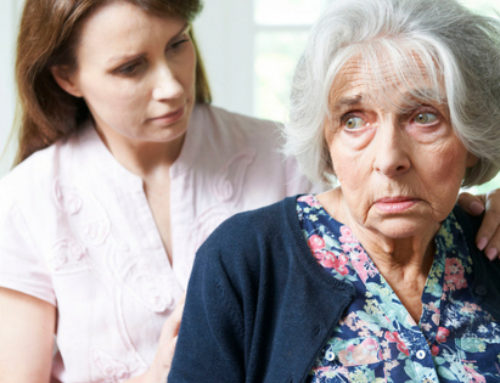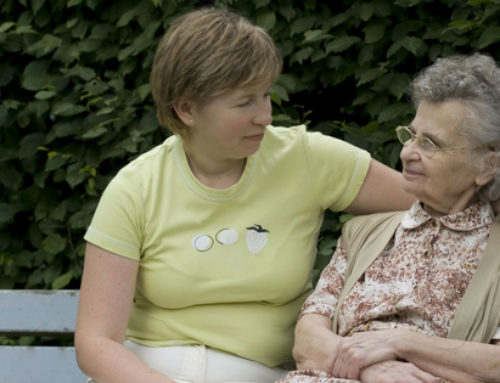There’s a bit of common wisdom, an urban legend, really, that says selling your house to your kids is the best way to protect it when you go into a nursing home. There is a well-founded fear about losing your assets to Medicaid. However, there’s a lot of reasons why transferring your home into your children’s names is not the best way to keep it in the family.
There are actually much better ways to protect your assets when you’re in need of long-term care. Discover why you should carefully consider the facts before selling your house to your children, and how elder care attorneys can help protect your assets.
Medicaid and Long-Term Care
Medicaid is in place to help pay for nursing home care, but the problem is, the state is required to try to recoup the benefits it paid out after you die. This means they can file a lien against your home in a process called estate recovery. To avoid this process, many people simply sign their home over to their kids, thinking that will solve the issue. There’s a few reasons why this is a bad idea.
Making You Ineligible for Medicaid
If you transfer your house to another person, this can render you ineligible for Medicaid for up to five years (and possibly more). This is especially true if you make a transfer below market value. This can, in fact, render you ineligible for Medicaid well beyond the period where you desperately need it.
The only exceptions are if you transfer the home to your spouse, to a child who is under 21 or disabled, if you put it into a trust for a disabled person under 65 years old, to a sibling who has lived there for at least a year and already holds interest, or a caretaker child who has been there for at least 2 years, providing care that helped you avoid the home.
Losing Control of Your Assets
When you transfer your house to your kids, you don’t own it anymore. This means that you don’t have control over what happens to it. Your kids could choose to just sell it. It also makes the house vulnerable to your kids’ creditors as among their assets.
Consequences of Taxes
It can get complicated, but if you transfer the house to your children before you die, and they then decide to sell it, they’ll have to pay capital gains taxes on the difference in property value between when you bought it and when they sold it. If you leave it to them as an inheritance, this isn’t a problem.
Working with an Elder Care Attorneys
There are, in truth, much better ways to protect your assets from Medicaid seizure. Your best bet in planning for your end of life and estate planning needs is to work with experienced elder care attorneys. The right attorney can help you with setting up trusts, or other means of protecting your assets. If you’re in Cuyahoga County and need help in this area, contact the elder care attorneys at Stano Law for a consultation today.








Leave A Comment